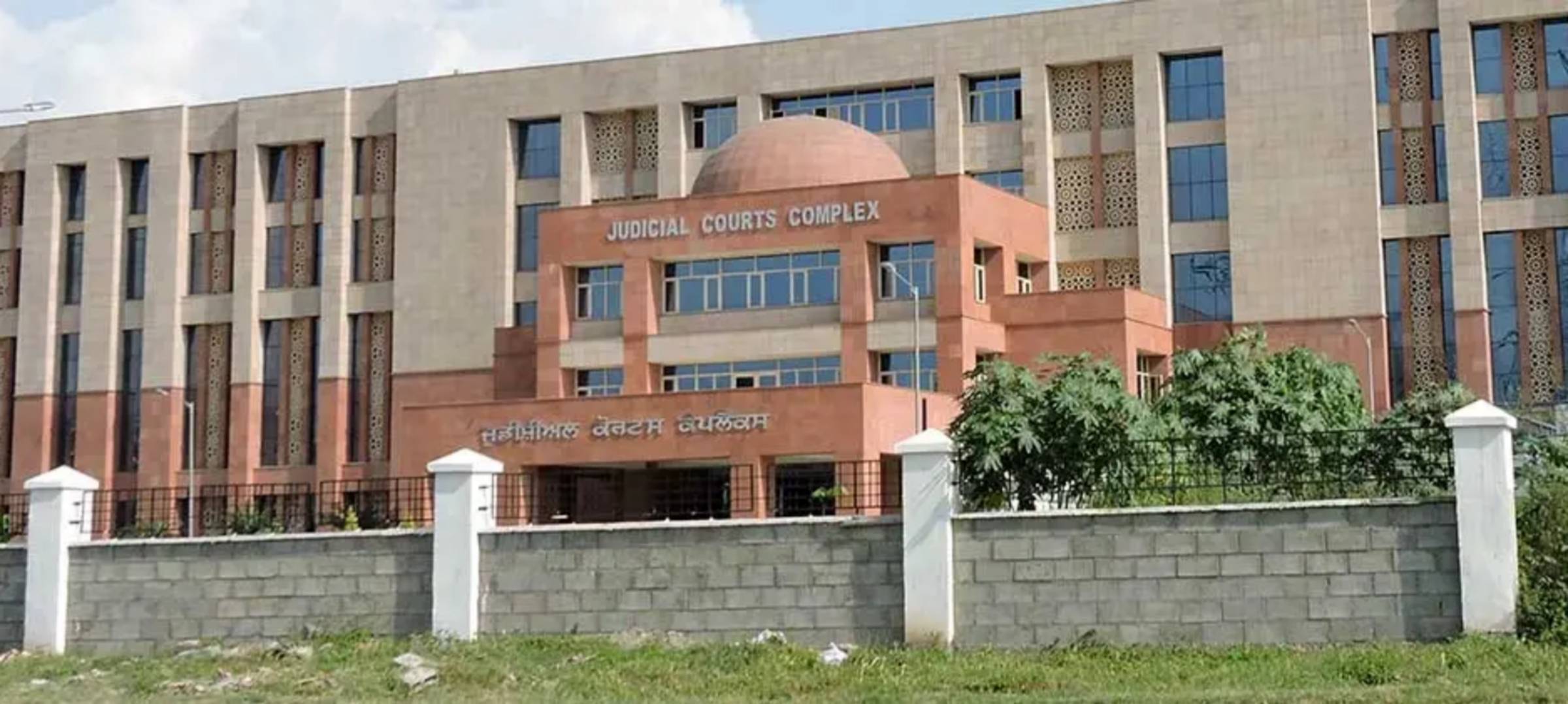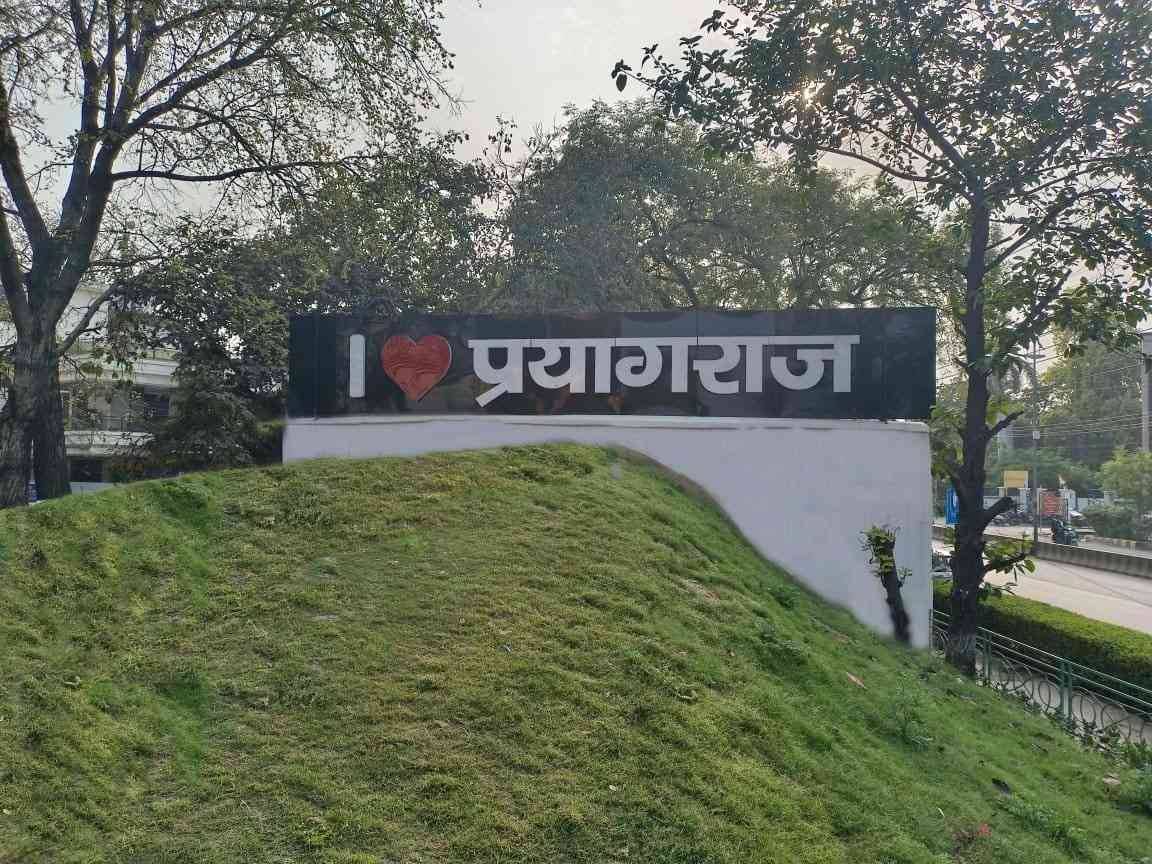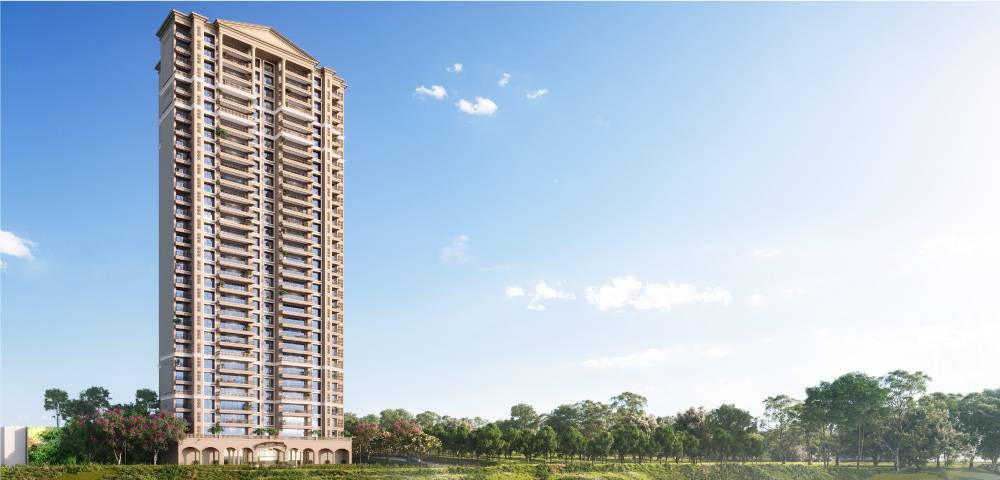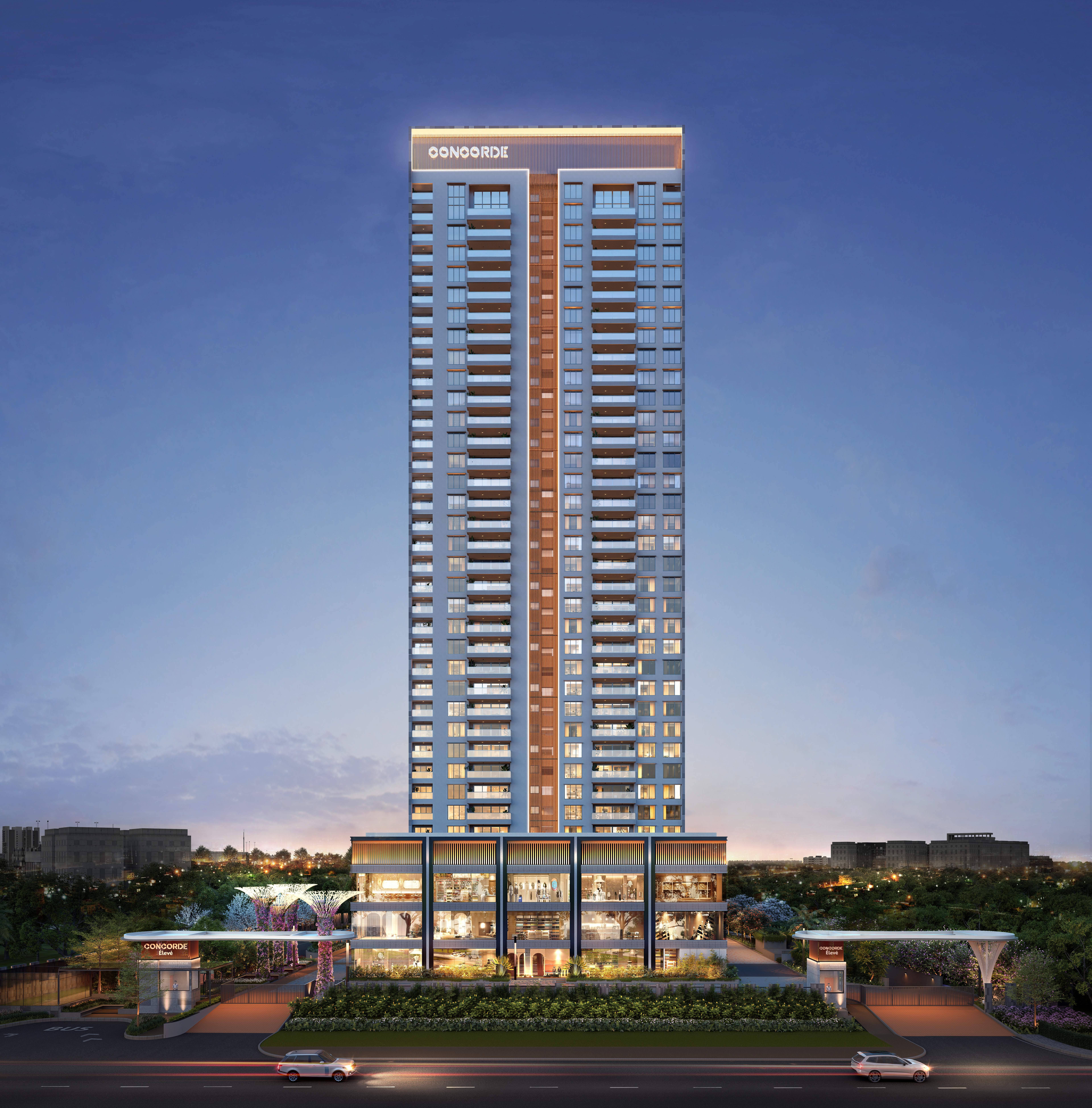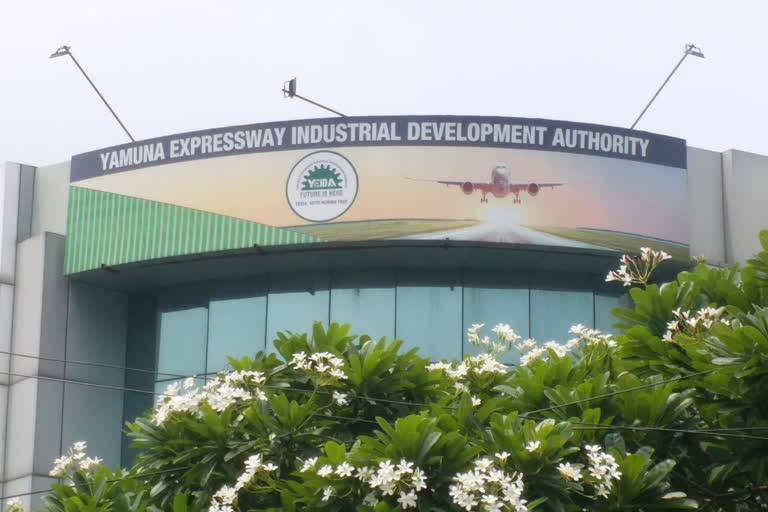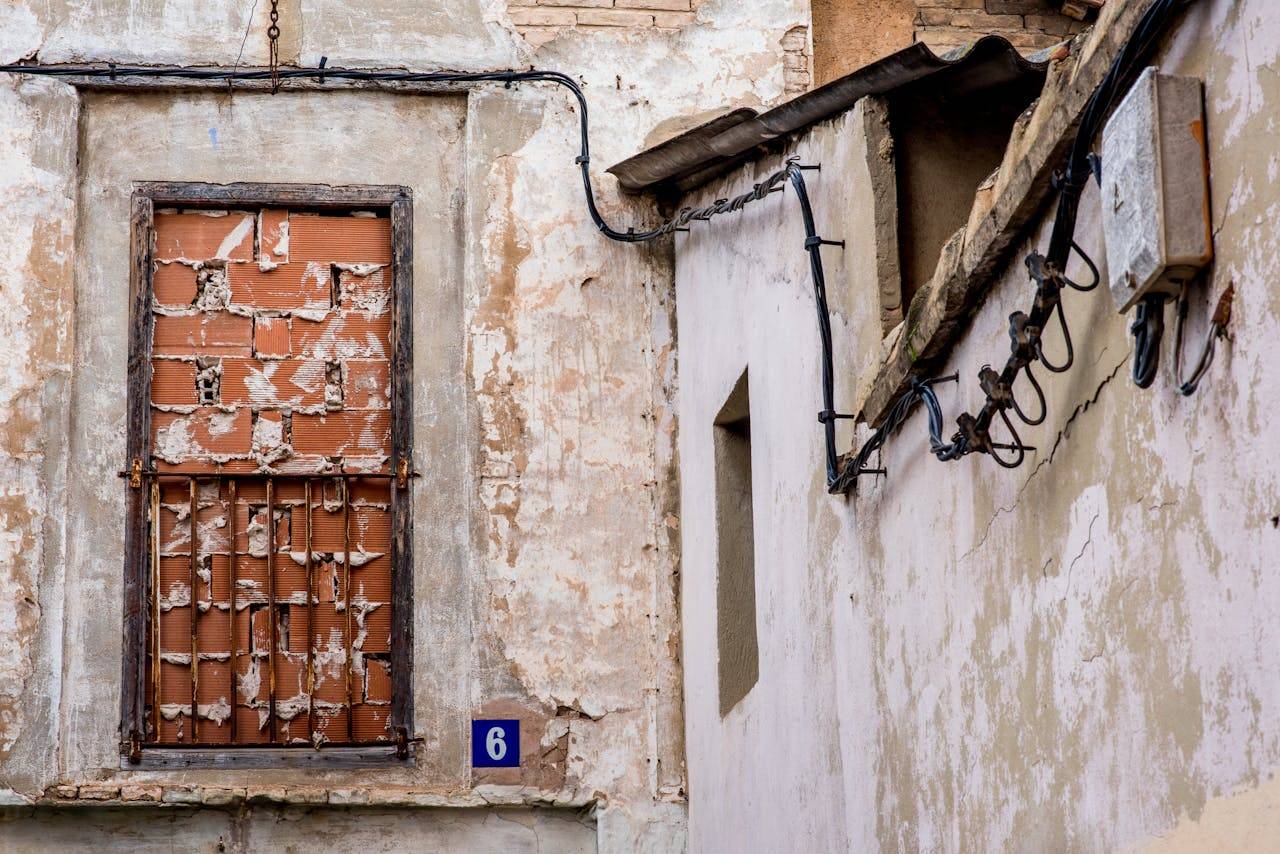The Greater Mohali Area Development Authority (GMADA) is preparing to implement a significant reduction in enhancement charges, offering financial relief to nearly 30,000 residents in sectors 76 to 80 of Mohali. According to the proposed plan, GMADA will lower enhancement charges by ₹800 per square metre, reducing the rate from ₹3,164 to ₹2,364 per square metre. The move is pending final approval from the relevant authority.
Enhancement charges are additional fees levied on plot allottees to compensate original landowners whose properties were acquired for urban development. At the time of plot allotment, GMADA had made it mandatory for allottees to agree to pay enhancement charges as determined by the authority. Over the years, these charges have remained a point of contention between the authority and residents, who have repeatedly argued that the fees were too high and placed an unfair burden on homeowners.
Confirming the development, GMADA Chief Administrator Vishesh Sarangal said, “We have proposed to decrease the rate by ₹800 and will soon submit the proposal to the relevant authority for approval.” The statement signals that GMADA is taking formal steps toward enacting the reduction and addressing long-standing public grievances.
The announcement follows sustained efforts by local political leaders and residents’ groups. Mohali MLA Kulwant Singh, who has been a vocal advocate for reducing enhancement charges, welcomed the move, noting that after numerous discussions with GMADA and state officials, a breakthrough had finally been achieved. He emphasised that the proposed reduction would bring much-needed relief to residents, many of whom have faced financial strain over the years — a situation that, in his view, could have been mitigated had such a decision been implemented over a decade ago.
However, despite the proposed reduction, not all residents are entirely satisfied. Many argue that the decade-long delay in addressing the issue has already caused considerable financial hardship. Some believe that even with the ₹800 cut, the charges remain disproportionately high, particularly given that the delays were largely due to administrative inefficiencies.
“The reduction is welcome, but it feels too little and too late,” said a representative of a residents’ welfare association in Sector 78. “For more than ten years, we have faced uncertainty and escalating costs. Now, it seems like we are being asked to bear the cost of delays that were not our fault.”
Residents have long argued that enhancement charges should reflect timely compensation to landowners without penalising end-users for procedural delays. In this context, many feel that the current proposal, while a step forward, does not fully resolve their concerns.
Moreover, legal experts point out that enhancement charges often become contentious because they lack transparent calculation mechanisms. Without clear guidelines on how charges are assessed and revised, homeowners are left vulnerable to arbitrary fee structures. The latest decision by GMADA will likely spark fresh discussions about the need for more transparent and predictable policies governing such charges.
The issue of enhancement charges is not unique to Mohali. Across India, urban development authorities in several cities impose similar fees as part of the land acquisition and urban expansion process. However, delays in calculating and notifying such charges often lead to disputes and litigation, undermining public trust in development authorities.
For Mohali’s residents, the proposed reduction—once officially approved—will provide immediate financial relief. It is expected to lower the total payable amount for many homeowners, particularly those who had deferred payments while awaiting clarity on revised rates.
At the same time, the debate over enhancement charges underscores a broader challenge facing urban planning in India: how to balance the legitimate need to compensate landowners with the imperative to make housing affordable and predictable for end-users.
As GMADA prepares to submit the proposal for final approval, all eyes will be on how quickly the new rates are implemented. Residents are also hopeful that the process will set a precedent for future rate revisions to be handled in a more transparent and timely manner.
Meanwhile, MLA Kulwant Singh has pledged to continue engaging with GMADA and state authorities to ensure that residents’ concerns are fully addressed. “This is an important first step, but more needs to be done to ensure fairness and transparency in enhancement charges,” Singh said.
In conclusion, while the proposed ₹800 per square metre reduction offers a measure of relief, it also highlights the need for deeper reforms in how enhancement charges are calculated and implemented. For now, Mohali’s residents await the final approval, hopeful that this long-awaited concession will finally ease a burden they have carried for over a decade.

